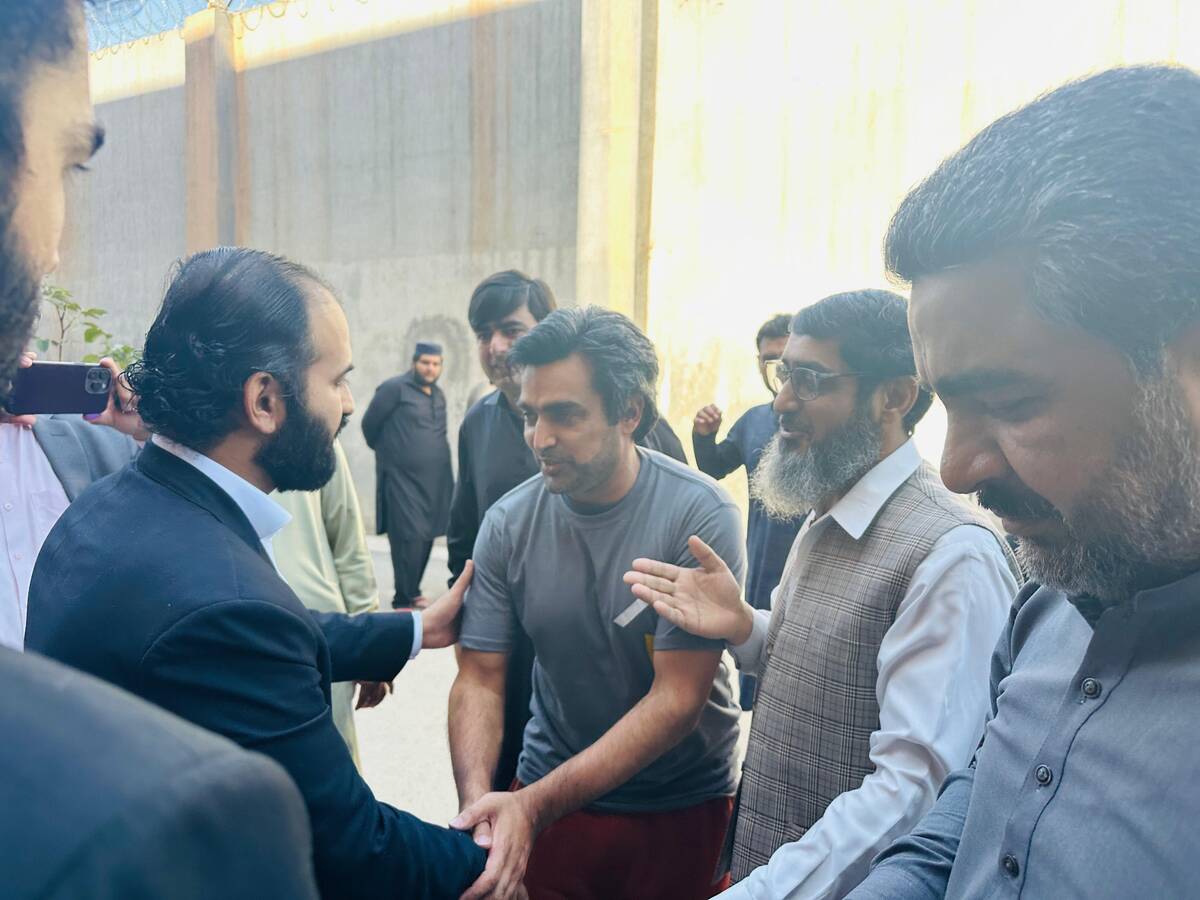ISLAMABAD: A leading international rights organization urged Pakistan on Wednesday not to “coerce” Afghan refugees into returning to their country, saying many risked persecution and would face dire economic conditions.
The appeal came as the government directed all Afghans without residence documents, along with Afghan Citizen Card holders, to leave by the March 31 deadline.
The interior ministry’s announcement earlier this month formed part of a broader repatriation drive targeting foreign nationals that began in 2023, with more than 800,000 Afghans expelled from Pakistan since. The campaign against “illegal immigrants,” mostly Afghans, was launched following a surge in militant violence from armed groups the government said had found sanctuary in neighboring Afghanistan.
Officials in Islamabad have maintained that many Afghan nationals in Pakistan were involved in attacks on civilians and security forces while blaming the interim Taliban administration for “facilitating” cross-border attacks. Afghan authorities in Kabul, however, have denied the allegations.
“Pakistani officials should immediately stop coercing Afghans to return home and give those facing expulsion the opportunity to seek protection,” Elaine Pearson, Asia director at Human Rights Watch (HRW), said as the rights organization released a report on the situation of those repatriated so far.
“The Taliban authorities in Afghanistan should prevent any reprisals against returning Afghans and reverse their abusive policies against women and girls,” she added.
HRW accused Pakistani police of raiding the houses of Afghan refugees, beating and arbitrarily detaining people, and confiscating their refugee documents, including residence permits.
Based on its interviews with Afghans who recently returned to their country, it said Pakistani authorities had demanded bribes to allow them to stay in Pakistan, adding that most Afghan nationals chose to return due to fear of detention in Pakistani cities.
Officials in Islamabad have dismissed such allegations in the past, saying they have carried out the repatriation process in a humane way.
The international rights organization also warned that the situation in Afghanistan has continued to deteriorate since the Taliban takeover in August 2021, with women and girls banned from post-primary education, while rights defenders, journalists, and former government personnel remain at particular risk.
“All of those returning struggle to survive amid Afghanistan’s soaring unemployment, broken health care system, and dwindling foreign assistance,” it added.
International rights group asks Pakistan to stop ‘coercing’ Afghan refugees into return
https://arab.news/g6qd3
International rights group asks Pakistan to stop ‘coercing’ Afghan refugees into return

- Human Rights Watch urges authorities in Kabul to prevent reprisals against returning Afghan nationals
- It says Afghans returning to their country have been dealing with unemployment, broken health care system



























